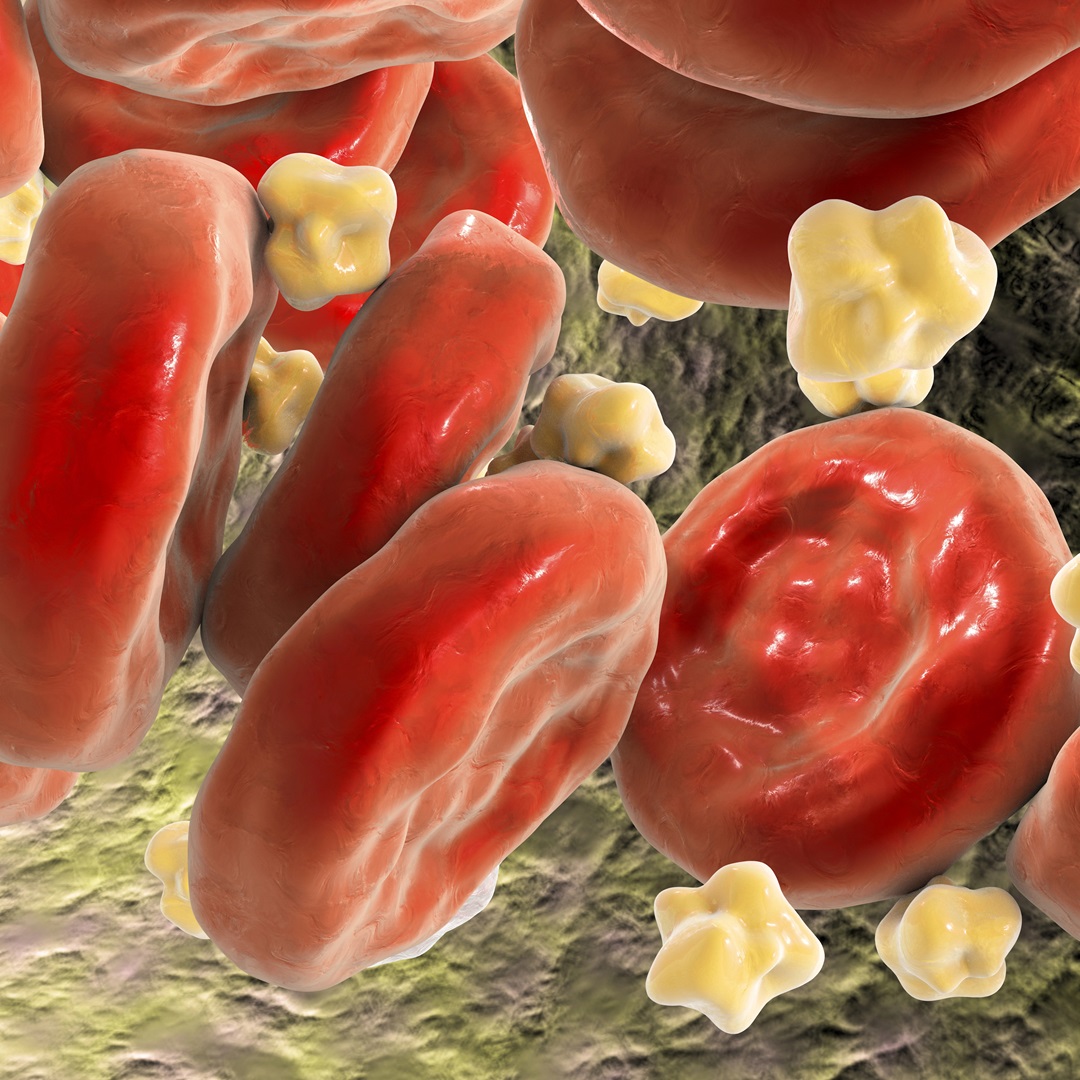by Stephen Luther, M.D.
Share

Cholesterol often carries a negative reputation, frequently blamed for heart disease and other health woes. However, emerging research reveals a more nuanced story – one where cholesterol plays a critical role in maintaining health, particularly as we age.
A landmark cohort study of 12.8 million adults demonstrated that the relationship between cholesterol and all-cause mortality varies by age and sex, challenging the idea that “lower is always better.” For older adults, moderate cholesterol levels may be protective, supporting both physical vitality and mental sharpness.
With personalized care from Symbios Health experts, individuals can optimize cholesterol for heart health, lifelong wellness, and cognitive longevity.
Cholesterol’s Essential Role in the Body
Cholesterol is not just a marker on a lab report – it’s a vital biochemical compound necessary for:
- Producing steroid hormones (e.g., estrogen, testosterone, cortisol)
- Synthesizing vitamin D for bone and immune health
- Forming bile acids to digest dietary fats
- Building and maintaining cell membranes – especially in the brain
These functions become increasingly important with age, as the body’s ability to produce and regulate hormones, repair tissues, and sustain cognitive health naturally declines.
Aging and the Cholesterol Paradox
While high cholesterol levels in younger adults can raise the risk of cardiovascular disease, the same metrics do not always apply to older adults. In fact, individuals over 60 with moderately elevated cholesterol often show lower all-cause mortality compared to those with extremely low levels.
This “cholesterol paradox” suggests that very low cholesterol may impair immunity, hormone production, and cognitive function – especially in later life. Other studies have linked low cholesterol in older adults to frailty, infectious disease vulnerability, and neurodegeneration.
The implications are clear: context matters. Blanket cholesterol-lowering strategies may not serve everyone equally – particularly not aging populations with evolving physiological needs.
Why Cholesterol Matters More in Older Age
Brain Health and Cognitive Protection
The brain holds roughly 25% of the body’s total cholesterol, which it uses to form myelin sheaths and support synaptic communication. Declines in cholesterol are linked with memory loss, depression, and increased risk of dementia.
Immune and Hormonal Stability
Cholesterol is integral to the immune system and hormone regulation. It supports the structure of immune cell membranes and acts as a precursor for hormones that regulate stress, metabolism, and muscle mass – functions that tend to weaken with age.
Cardiovascular Balance
While excessively high cholesterol can contribute to plaque buildup, overly low levels may compromise arterial flexibility and resilience. Data reveals a U-shaped curve: both extremes are associated with higher mortality, highlighting the need for balance, not suppression.
Rethinking the Cholesterol Narrative
Decades of public health messaging have focused on reducing cholesterol at all costs. But evidence suggests that for older adults, aggressive cholesterol-lowering – especially with statins – can lead to unintended consequences, including muscle weakness, fatigue, and cognitive side effects.
Likewise, low-fat diets can deprive the body of key nutrients such as omega-3 fatty acids, fat-soluble vitamins, and cholesterol itself – components critical for brain, heart, and immune function.
It’s time to move away from outdated, one-size-fits-all approaches and embrace personalized strategies that reflect the body’s changing needs through the decades.
Supporting Cholesterol Optimization
Symbios Health believes cholesterol should be viewed not just as a “risk factor,” but as a functional biomarker. Our integrated team combines medical expertise, nutritional science, and advanced diagnostics to help patients strike the right balance.
1. Comprehensive Lab Panels
We analyze not only total cholesterol but also HDL, LDL, triglycerides, and inflammatory markers such as hsCRP. These deeper insights help us identify patterns in metabolic and cardiovascular risk that standard tests may miss.
2. Tailored Nutritional Plans
Our nutrition team crafts personalized diets that nourish the brain and heart – often incorporating omega-rich foods such as salmon, olive oil, and avocados. Rather than restricting all fats, we guide patients toward those that support healthy cholesterol dynamics.
3. Lifestyle Optimization
We help integrate strength training, moderate aerobic exercise, sleep hygiene, and stress management practices – key factors shown to improve HDL levels and reduce systemic inflammation.
4. Ongoing Monitoring and Adjustments
Health is dynamic. Our care model includes regular follow-ups to track lipid changes, adjust recommendations, and provide ongoing education as needs evolve.
5. Empowering Patients Through Education
We demystify cholesterol through clear, evidence-based explanations. Our patients walk away with a deeper understanding of how their choices – nutritional, physical, and emotional – shape their long-term health outcomes.
Embracing Cholesterol for a Longer, Sharper Life
Cholesterol isn’t the enemy – it’s a biological necessity that supports everything from cognitive function to hormonal health. For older adults especially, cholesterol may be a cornerstone of longevity, not a barrier to it.
Rather than fearing it, we must understand it. And with the personalized guidance and clinical insight of Symbios Health, you can use cholesterol to support a longer, healthier, and more vibrant life.
Let’s redefine aging – on your terms.





